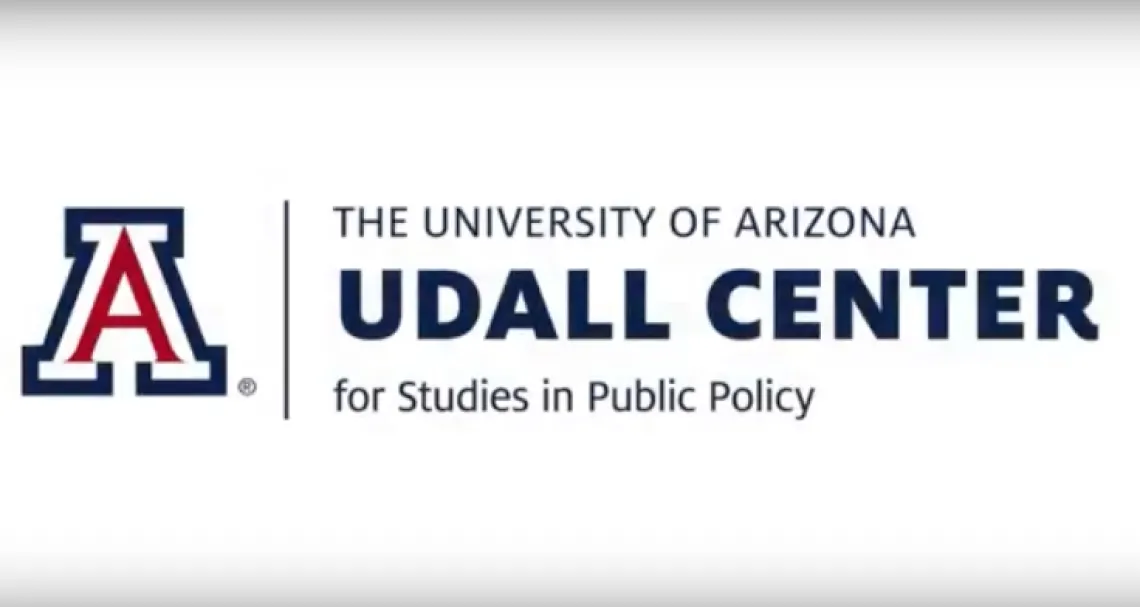Key to making science actionable is effectively communicating with decision-makers and the public.

Key to making science actionable is effectively communicating with decision-makers and the public. Tamee Albrecht (Udall Center for Studies in Public Policy & UA School of Geography and Development) and co-author Amy Hudson (Laboratory of Tree-Ring Research & UA School of Natural Resources and Environment) wrote a reflection on what they learned about science communication from a week-long workshop: ‘Expert Witness Training Academy—Effectively Communicating Science’. Hosted by the Mitchell Hamline School of Law and funded by the National Science Foundation’s Paleoclimate Program, the program trains scientists how to be an effective expert witness—and expert communicator—in the courtroom. They describe the challenges of conveying scientific results to a jury and they identify ways that scientists can be more convincing when speaking to a lay audience. The article, published in the American Geophysical Union’s Eos magazine online, offers a unique—and humorous—perspective on science communication.

